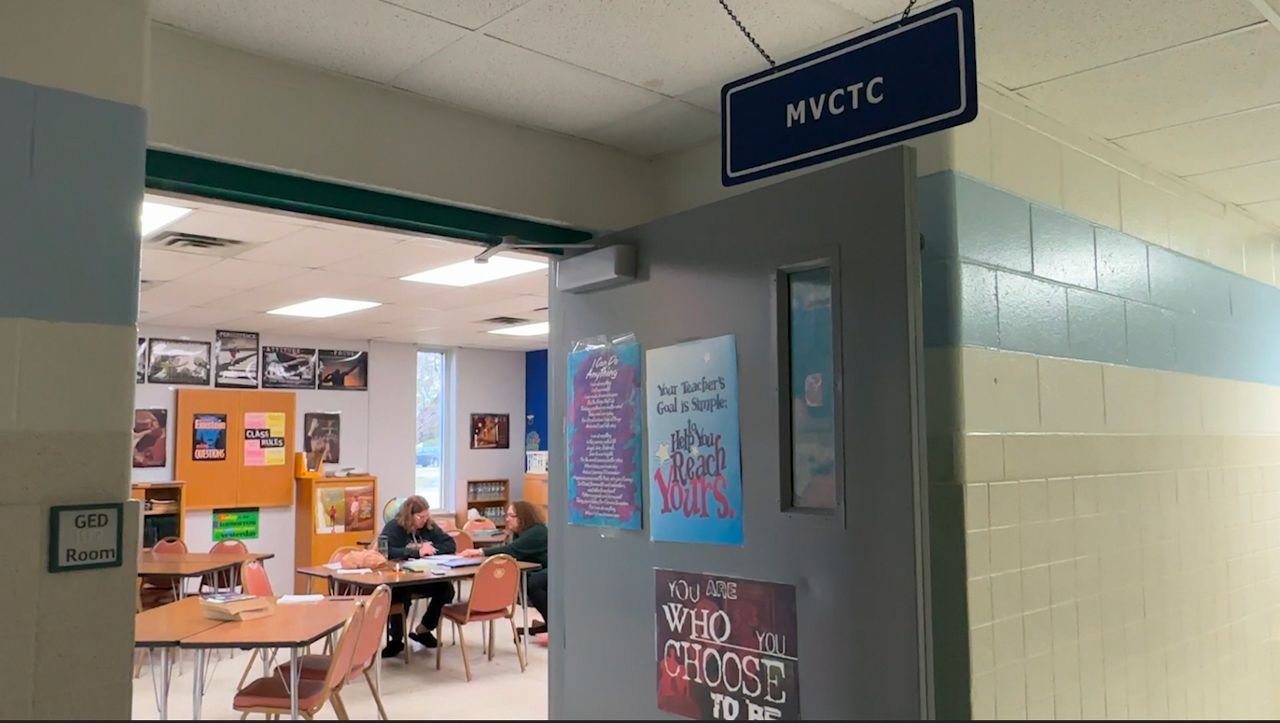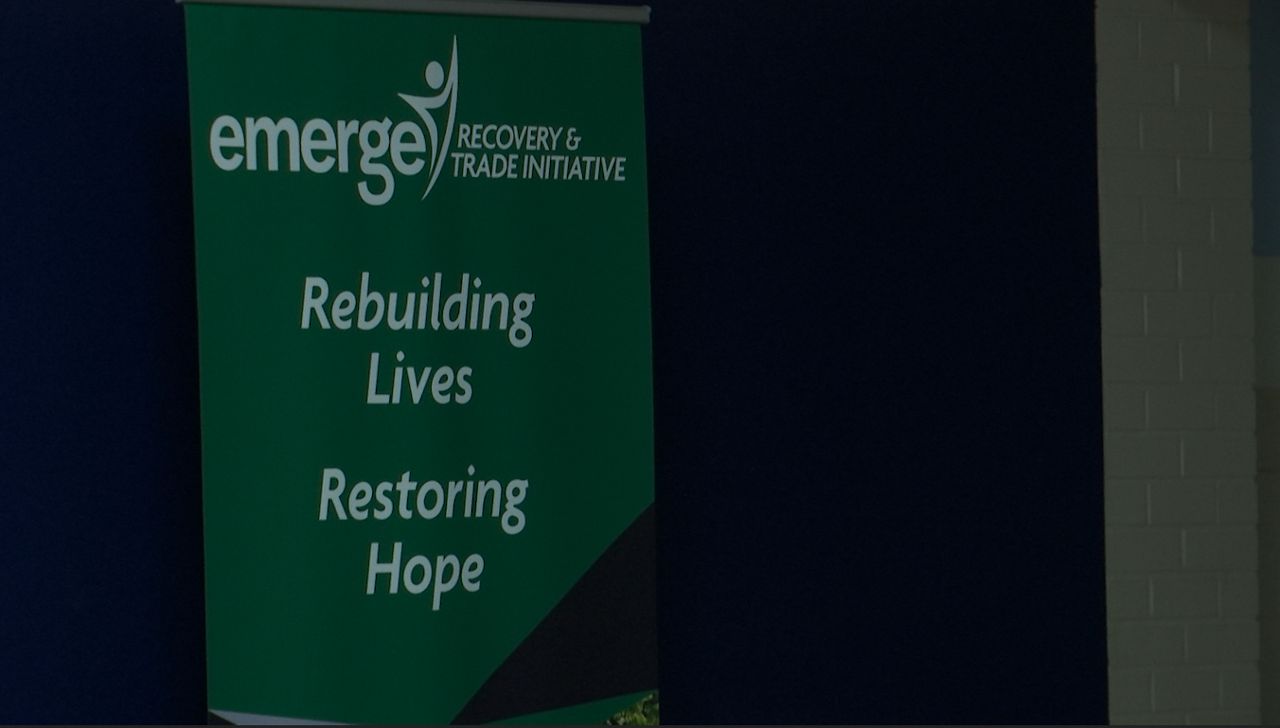XENIA, Ohio — For founders, Kip Morris, Chris Adams, and Doug Van Dyke, Emerge Recovery and Trade Initiative started as a dream. The men, all of whom worked their way up through their respective trades to become business owners, will enthusiastically acknowledge that their successes came from second chances.
All of them are in long-term recovery from addiction. So when they saw the Greene County Career Center up for auction in 2021, they saw an opportunity to pay their success forward, offering a second chance to countless others in their own backyard.
While creating a recovery facility was something Adams and Morris had considered for a while, the news that the former Greene County Career Center would go to auction dramatically changed the timeline and scope of the project.
“We had some meetings me and to do this on a smaller scale which would be like just some training, and the culinary arts,” Adams said. “When this came available, the plan just exploded.”
Adams and Morris got in touch with Van Dyke, who pitched in the last of the funding to win the 224,000-square-foot building at auction.
Then they got to work.

“We want this to be a transitional or what we call it a transformational program that literally gives [people in recovery] all the tools they’ll need to get back everything they lost during the course of their addiction,” Morris said.
The new vision for Emerge included housing for people who just came out of inpatient treatment or another recovery program, facilities for trades instruction and other workforce development programs, active business tenants who can employ or train anyone in the program, and classrooms for GED education and counselors at the ready for any other wrap-around services as necessary, all under one roof.
The project was awarded $1 million in American Rescue Plan Act funds from Greene County to get started on construction.
“This gets you back on your feet,” Adams said. “This gets you back to just living life and learning how to live life a lot of people have lost that vision.”
The first phase of the project, which they hope to have complete this summer, will open up housing to 50 men. Construction crews are currently putting the finishing touches on the dorms.
As the CEO of Five Star Heating and Cooling, Morris moved in much of his operations, including his call center and many of his offices and trades workers. The center built up a working diner and moved in some staff from Miami Valley Career and Technical Center to manage certificate programs.
He also set up an HVAC lab to give the first cohort of students hands-on experience with a trade he knows from experience is very in demand across the region.

“The number one complaint is we can’t find people to work,” he said.
Morris hopes Emerge will not only help Five Star find new hardworking employees deserving of a second chance, but also work to combat stigma surrounding workers in recovery, so Emerge graduates can find work anywhere.
“Three of our five biggest producers in the field were second-chance employees,” he said. “It not only helps out the individual but helps out the community at large.”
Not long after the first cohort of students goes through the program, Morris, Adams and Van Dyke hope to scale up. Phase 2 will mark the completion of the women’s dorms, opening up the program to 50 women, and by phase 3, Emerge hopes to open its emancipation program directed toward providing housing and services for young men aging out of foster care.
To Morris, it’s all about finding an opportunity to pay everything he’s been given forward.
“This is our path. We all struggled with addiction,” he said. “Had somebody not extended us the opportunity to work and have a viable career path, we wouldn’t have been able to start our own businesses and be successful.”
Now he hopes by setting a new path for the region, even more, can find the support and opportunities they need to recover and give back to their community.



